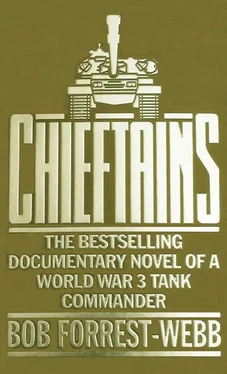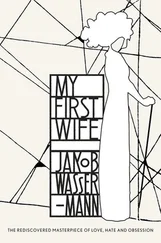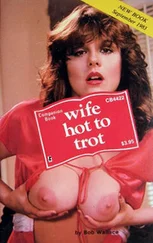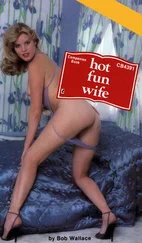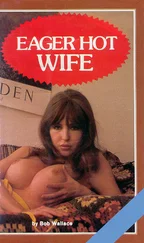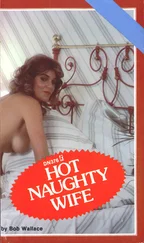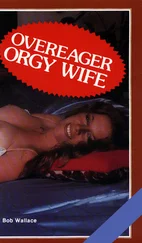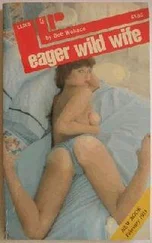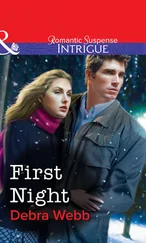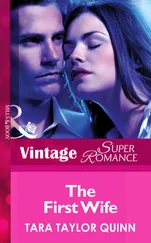He thought of the GRU captain; the man's angular face becoming more twisted by fury as Studley had remained silent. He would torture others who came into his hands, For Studley, the de would change at midnight, but for the GRU captain there would always be a new daily code to be broken along with the will and bodies of his prisoners.
Studley remembered his own words to his officers less than a week previously. 'We will be outnumbered…perhaps by as many as five to one…a lot of us won't survive. But we can hold them, if we make it too costly for them to win. Fight like hell…to the last shell or bullet or man. Never surrender…take out as many of them as you can. It'll be bad, bloody bad, but it all depends on us. It's our job to stop them'
Stop them. That was what it was all about. Fighting until you couldn't fight anymore. Then what the hell was he doing smugly assuming he had done enough? Just because he had been wounded and got himself battered didn't relieve him of any responsibility. Just because he'd managed to survive for a few hours didn't permit him to believe his war was ended. What of the other men? His men. They would still be fighting somewhere…wounded or not, they'd damn well fight on. So must he.
He had crawled the steep slope above the fallen tree, to the point where the guard had shot at him. His movement had been slow and painful, but it was easier to crawl than attempt to walk at the moment.
He could hear the sound of an engine, a generator in the distance through the trees, and worked his way towards it. The sky was brighter, the moon rising beyond the tall horizon of the woodland. A few feet to his left leaves rustled; he froze, then relaxed as a terrified rodent scurried away through the undergrowth. There were other hunters in the forest beside himself.
He could smell diesel fuel, exhaust fumes, and the throbbing of the motor was louder. There were men beyond the clumps of bracken and bramble that skirted the clearing. He could see the head and shoulders of a guard patrolling the edge of the woods. He knew there must be others concealed throughout the forest.
It took a long time to inch his way forward until at least be had a clear view of the encampment. The clearing itself was almost empty, but there were vehicles parked close to the trees on the side farthest away from him, and bivouacs beside them. He recognized the radio vehicle, with its dish aerials, seventy meters ahead. A few meters from it was the BMP in which he had been imprisoned before his interrogation; the GRU officer's truck, the BTR command post, was on the left of the clearing, isolated.
There was a lot of activity. The radio vehicle was operating, a dim glow showing though its open doors. A group of cooks were working in a halo of mist around a hid-kitchen beneath the trees, and there was a small queue of infantrymen waiting nearby. Camouflage was being improved over several of the BMPs, as though the men intended to remain in the present position for some time.
To his left, beyond the BTR command vehicle, was a slit trench. He noticed it only because one of the guards paused and spoke to the men inside, before continuing his patrol. Studley crawled towards it.
He was only a few meters from the trench when one of the men it contained stood, stretched himself and then climbed out. He said a few words to a man below him, laughed, then walked away across the clearing. Studley watched him go. The man joined the end of the queue waiting by the field-kitchen. Studley wriggled his way closer to the trench. He could see the helmet of another guard; there might be a third man stretched out beside him, but it was a chance Studley realized he would have to take. He had already decided that if something went wrong, then he would fight with his bare hands until they killed him; they would shoot him anyway if he were captured again. And this time there would be no carelessness.
He slid closer, keeping low in the shadows of the thin scrub. The man was an arm's length away now, and if he looked over his left shoulder would be staring into Studley's face. Studley pushed himself silently to his knees. The Russian infantryman was sitting on a box behind a machine gun. His head was cupped in his hands, the strap of his helmet was beneath his chin.
Studley took a deep cautious breath, paused for a fraction of a second gathering his strength, then grabbed at the front of the helmet with both hands, jerking it fiercely backwards. The man's legs kicked away from him and his hands clawed at Studley's arms. As with the advice he had been given about escaping, Studley knew there would be no second chance. A combination of anger and determination made him stronger. He ignored the pain of his injuries, and swung himself around until he could get his knees against the man's back, then with as much power as he could find he wrenched the head and helmet sideways.
Bone snapped. For a moment Studley thought the strap of the helmet had broken. He changed his grip quickly to gain more purchase on the man's head; it moved strangely, loosely in his hands. The infantryman struggled weakly for a few more seconds as his life died away, and then was still.
Studley felt exhausted; throbbing agony had returned to his wounds. His clothing was soaked with sweat. He wiped it from his eyes with a sleeve, and felt it stinging in the cuts of his lips and face. Every movement of the past few seconds had sounded terrifyingly loud and he expected at any moment to hear shots and feel the thud of bullets ripping into his body.
He glanced towards the field-kitchen, the queue had lengthened, the cooks were not hurrying their work. Men stood chatting while they waited, swinging their arms across their bodies or stamping their feet to keep their circulation moving in the night air. They were far enough away from the front tines to still feel secure; in probability, they had not yet seen any action, he thought. Men who had faced shells and bullets did not relax their vigilance so easily.
He quickly examined the machine gun: a 7.62mm PK on a bipod, simple to operate unless it jammed. If it did so, then he would discard it instantly; there was no time to study its mechanism.
He moved the body of the dead guard. The box on which the infantryman had been seated held additional magazines of bullets, and to Studley's greater satisfaction contained ten RGD-5 grenades. Beneath the body he found a loaded AKM rifle.
The slit trench overlooked a long valley sweeping down towards the west. Studley debated quickly on the choice of weapons; he would not be able to carry them all. He pushed half a dozen of the grenades into his pockets and then dragged the machine gun with him over the brow of the hill, where he was able to move around the perimeter of the camp out of sight of the guards.
He was within twenty meters of the radio vehicle when there was a shout from across the clearing in the direction of the slit trench. Studley jerked the pin from a grenade then hurriedly tossed it underhand through the open doors, scurrying back into the undergrowth like a disabled crab as it exploded inside the armoured vehicle, belching flame and smoke through the buckled and split metalwork. The tall radio mast collapsed sideways into the trees. He threw another with all his strength towards a running group of men near the centre of the clearing, and several crumpled bodies were hurled away by its blast.
The camp was panicking, the men unable to identify the whereabouts or nature of the attack, mistaking the grenades for mortar bombs. Studley limped towards the nearest BMP. Its crew were scrambling inside, and the troop hatches were fully open. Studley's grenade bounced off the rear of the turret and exploded within the hull. A sheet of fire roared upwards as the fuel tanks ignited. He caught a glimpse of the driver, crawling away from the hull, his overalls alight.
Читать дальше
